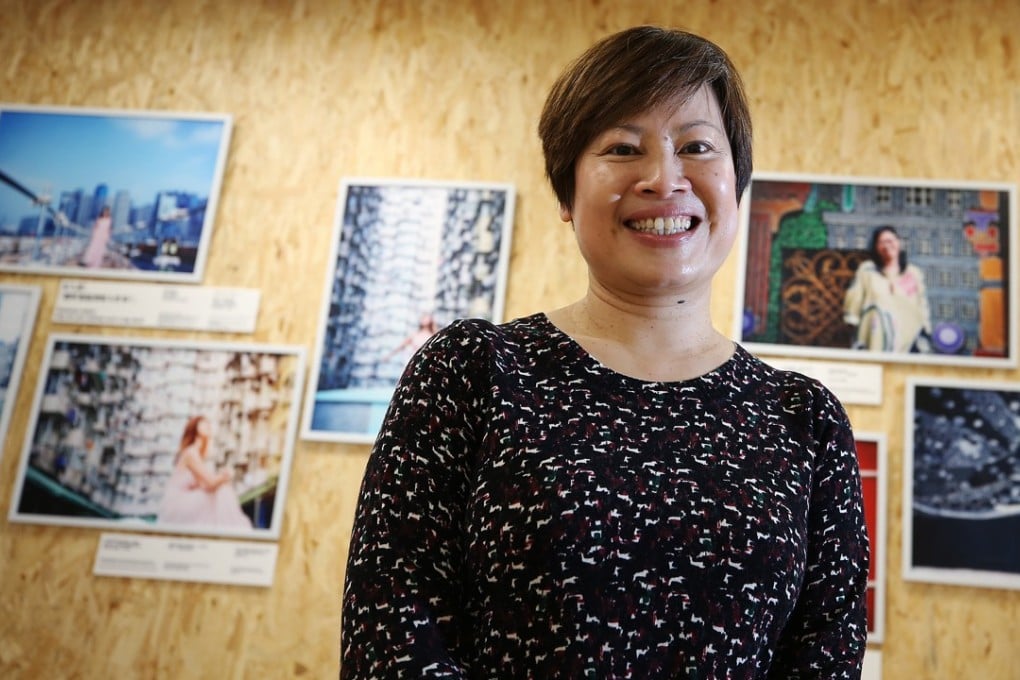Advertisement
#MeToo movement unearths heartbreaking reality of sexual assault in Hong Kong
Advocates for sexual violence victims say reluctance to speak up stems from expecting to be asked why they did not come forward sooner
Reading Time:4 minutes
Why you can trust SCMP

Last month, 23-year-old Hong Kong hurdling champion Vera Lui Lai-yiu revealed she was sexually assaulted by a coach 10 years ago, bringing fresh attention locally to an issue grabbing headlines the world over.
Lui, 23, made the bold announcement on a Facebook post, describing an incident that took place when she was a secondary school pupil.
#MeToo? Silence, shame and the cost of speaking out about sexual harassment in China
She included a photo of her holding a card with the words “#MeToo” and her initials “LLY” below, in support of a growing hashtag campaign against sexual harassment.
Advertisement
The news shook the city, prompting police to investigate the matter. The alleged perpetrator has been suspended by two of his employers.
Following Lui’s brave statement, Louisa Mak Ming-sze, crowned Miss Hong Kong in 2015, spoke up on social media about having been sexually assaulted in the past. Mak’s disclosure made her another high-profile local figure to lend her name and story to the global #MeToo movement.
Advertisement
After suggesting the incidents had happened more than once, the former beauty queen noted they had taken place on the mainland but the perpetrator was a Hongkonger.
Advertisement
Select Voice
Select Speed
1.00x